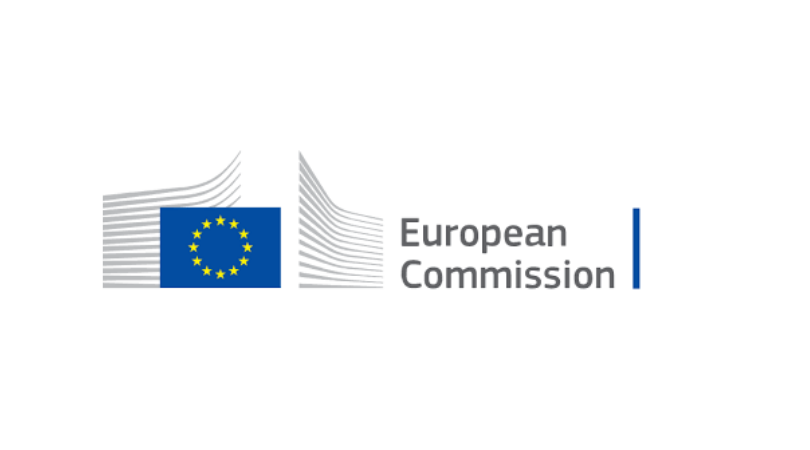The European Parliament has voted to remove the already watered-down ban on inducements from the Retail Investment Strategy (RIS).
Parliament voted through amendments to the European Commission’s draft ‘value for money’ rules last week, removing the partial ban on inducements for execution-only services.
It comes as the European Commission scaled back its proposals for a blanket ban on inducements in its proposals last May following heavy lobbying from the asset management industry and EU states such as Germany and Austria.
While the latest vote does not officially end the inducement ban – with the EU states yet to finalise their positions before final negotiations can start – some believe it signals the end of a ban on the practice.
Inducements, also known as retrocessions, is a practice where asset managers pay commission to financial advisers selling their products.
It is widely perceived to nudge investors toward costly and unsuitable investment products and away from cheaper products such as ETFs.
Inducement ban now ‘unlikely’
Those in favour of the current model argue any form of ban would widen the advice gap for retail investors seeking products with stable returns.
Gavin Haran, head of policy for asset management at Macfarlanes, said: “Ultimately, it seems that the EU authorities, especially Germany, support the current inducements model. We await the final negotiations.
“It appears likely that the RIS will not ban inducements, but it will rely on a combination of a new investor ‘best interest’ test and a soft version of value assessments to achieve similar aims.”
The ‘best interest’ test would require firms to provide “clear and transparent” information to ensure financial advice is in the best interest of the retail investor.
“It has come down to a lot of details and a lot of industry lobbying,” he added. “We are also in election mode and nobody wants to be seen as the politician that is going to impose a lot of costs on business or consumers.
“We are starting to see a row back from stronger proposals across the RIS.”
RIS row-back
In addition to removing a ban on inducements, the European Parliament also voted in favour of watering down the value assessment requirements in what could be considered a boon to ETF issuers.
Under the European Commission’s original proposals, all products sold to retail investors must be compared to at least one benchmark to judge how close it is to value.
However, the European Parliament has voted to make this a “voluntary tool” for regulators instead of mandatory off-the-back heavy industry lobbying.
“For ETF providers, this is quite handy as it gives variability in terms of the indexing you can do,” Haran said.
“For active managers, it is incredibly important and means they can rely more on the very general ‘best interest’ test.”
The European Fund and Asset Management Association (EFAMA) said the European Parliament’s stance “significantly improves” the European Commission’s proposals.
It said the initial rules focused mainly on “commissions and costs” instead of “providing EU citizens with good investment outcomes”.
Kimon Argyropoulos, regulatory policy adviser at EFAMA, said: “The European Parliament’s vote is certainly a positive step in achieving a more coherent regulatory framework for retail investors.
“Moving forward, it will be essential for EU policymakers to ensure that all different elements of the RIS work well together. Only then can we expect to create an environment that will encourage EU savers to invest.”




